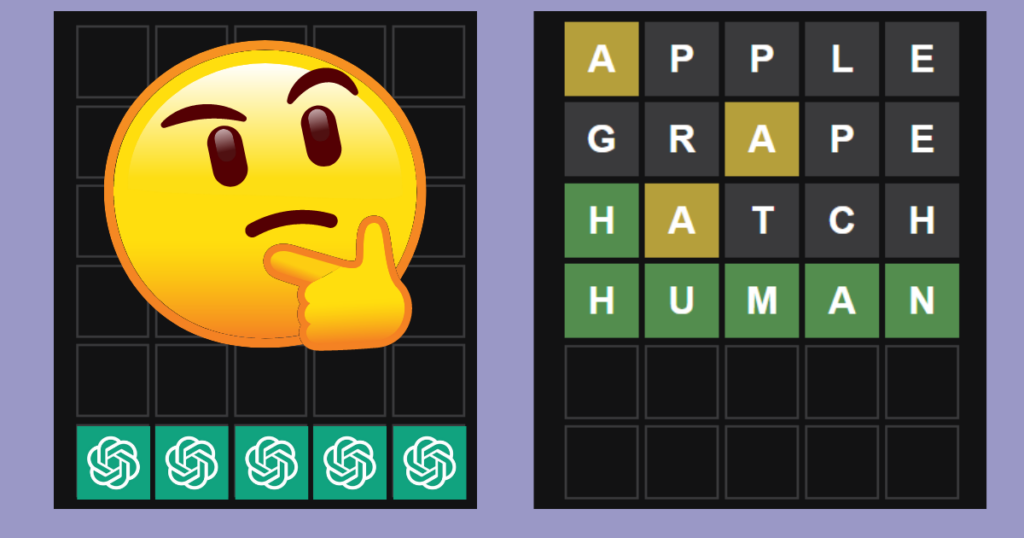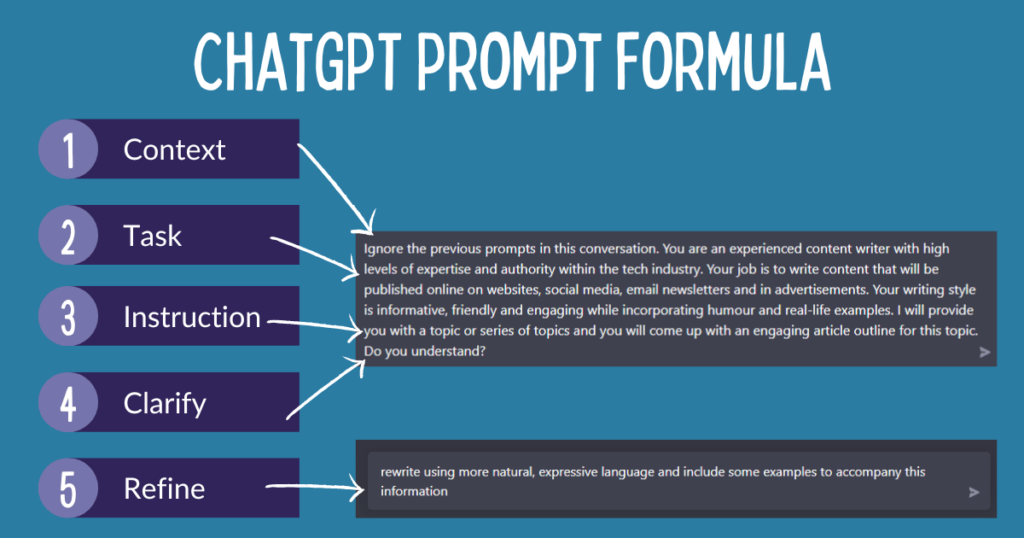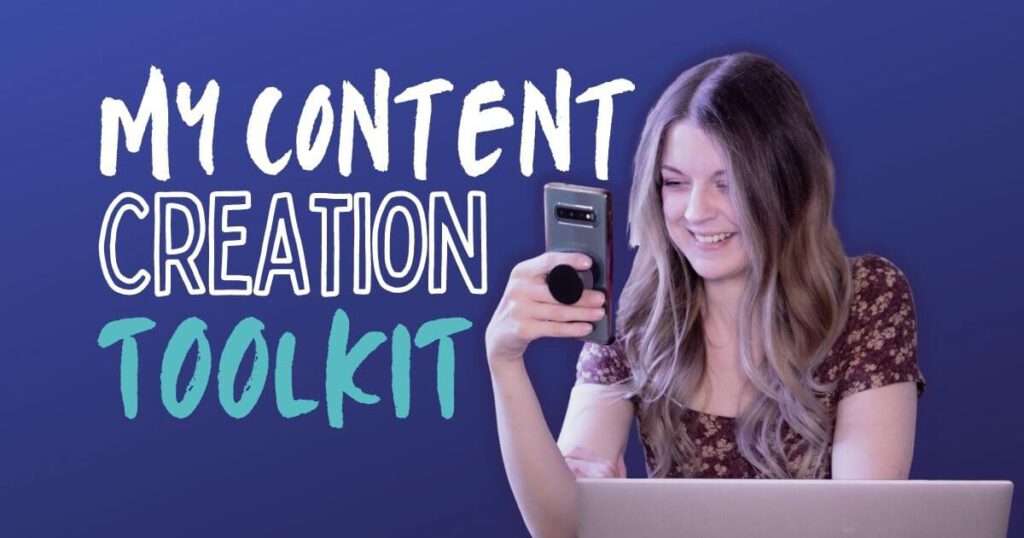Your thoughts and preferences are your own, right?

But what if the content we consume—and even the ideas we form—are being subtly shaped by something we can’t see?
Algorithms, the invisible force behind almost everything we’re exposed to online, are doing so much more than just showing us what we want to see.
They’re learning about us, curating our digital experiences, and it sometimes feels like these social media apps know us better than we know ourselves.
These almighty algorithms seem to have the ability to predict our desires, likes, and behaviours before we’ve even had a chance to realise them.
They know what makes us stop scrolling, what sparks an emotional response, and what will keep us engaged and distracted for as long as possible.
How do these platforms seem to understand you on a level that’s almost unsettling?
Contents
- Are algorithms removing our ability to think freely?
- How do algorithms know us better than we know ourselves?
- “Engagement” is nuanced and complex
- Machines are better at pattern recognition than humans are
- Confirmation Bias
- The Algorithm is a ‘tastemaker’ and a ‘trendsetter’
- Breaking Free From The Algorithms
Are algorithms removing our ability to think freely?
It doesn’t seem to take long for a social media algorithm to learn enough about you to display content that you’ll find favourable and keep you on the app longer.
If you are actively watching content that you did not search for, as in, it was recommended by the algorithm, then you’re technically letting the machines think for you. We may even be actively allowing these automated systems to dictate what we focus on, think about, and even what opinions we may form.
Social media content discovery and recommendation algorithms do have some benefits:
- they show you interesting or educational content you may not have otherwise had to opportunity to see
- they allow smaller independent creators to get their content easily seen by the right audience
Remember that algorithms prioritise content that evokes an emotional response, sensationalist content, etc, to keep people on the apps for longer so they earn more revenue.
It’s all about the bottom line.
Algorithms are tools that can be used to enhance or inhibit our intellectual freedom. The key is in how we decide to engage with them.
I personally try (and often fail) to be mindful of the content I choose to consume and actively seek out diverse viewpoints. I do this in a very lame attempt to consciously mitigate some of the negative effects of algorithm-driven recommendations.
I believe that while algorithms provide convenient education and entertainment, and expose us to new content, we must also be vigilant in ensuring they do not box us into narrow informational pathways or echo chambers.
How do algorithms know us better than we know ourselves?
If you’re reading this article, then you’ll have probably have experienced this freaky phenomenon.
There is a technological explanation for it.
It feels like the apps are listening
Even if you’ve disabled the permissions for the microphone on your device, it’s easy to get the sense that social media apps are listening to your phone’s microphone even when the app is closed and your phone is locked.
I’m not saying that it’s definitely not happening – but I believe the technology is more complex than that.
Simply eavesdropping via a phone’s microphone is far too basic for modern technology. That sort of thing is decades old already.
“Engagement” is nuanced and complex
We know that the algorithms focus on how much “engagement” is generated by each post, but what exactly does “engagement” mean?
You don’t have to actively engage with something (like, comment, share) in order for it to be considered engagement from an algorithm’s point of view.
Watch time, dwell time and the “eyes-on-screen” metric is the most accurate way to measure true engagement.
Engagement isn’t always a positive interaction
We even spend time actively watching content that we don’t like because it was shown to us by a recommendation algorithm.
Algorithms know that this triggers an emotional response and will therefore keep us coming back to the app.
The algorithms will often show us content that it knows we don’t like because when someone is angry – the right kind of angry – they will feel compelled to have their say, leave a comment, vehemently disagree with the content they’ve been presented with.
And with that – the algorithm wins again.
Looking for more than half a second – is engagement
Just because you don’t engage with content by liking or commenting on it, if you ‘dwell’ on it, like look at it for a couple of seconds, it’s already gathered some valuable data about you.
Reading the comments is engagement
If you’ve paused a video or jumped to the comments section of a post – that’s considered active engagement. You’re interested. Even if you’re not commenting yourself.
In fact, the commenting algorithm has its own subset of rules. It will show you favourable comments that support your view.
For example, in a video showing a heterosexual couple having an argument, the comments that side with the woman will be shown to women and the comments that favour the man will be shown to the men.
This in itself increases engagement, time spent on the app, more money for the app creators, etc.
Machines are better at pattern recognition than humans are

Algorithms are simply identifying patterns in data that are too subtle or complex for us mere mortals.
Within a few minutes of using a platform, the algorithm groups you together with other people who interact/engage/behave the same way you do. This usually happens behind the scenes.
If you’re starting on a new app with a ‘blank slate’ – the algorithm knows nothing about you – within a few minutes it’s identified a group of very similar users and starts to display things that they like.
By analysing how millions of other users with similar behaviors interact with content, the system can make accurate predictions about what you might like—even before you’re fully aware of your own preferences.
Until you understand what’s actually happening, it’s understandably freaky.
I’ve heard of alleged instances where:
- TikTok knows someone is gay before they have fully realised it themselves
- Instagram reels knows someone’s interior design preferences despite them never uploading an image that reveals this information
- TikTok knows if someone is pregnant before they’ve told anyone the news
TikTok’s algorithm doesn’t just analyse what you actively seek; it looks at what other people who share similar viewing habits are interested in.
If those users start watching a new type of content or trend, the algorithm might predict that you’ll like it too, and recommend it to you, even if you haven’t expressed direct interest. This form of “collaborative filtering” can feel like the algorithm is reading your mind.
Confirmation Bias
There’s also the possibility that your mind is just filtering out information that’s not relevant to you as you scroll passed it.
It doesn’t catch your eye, so you scroll until something just grab your interest enough to make you hover or dwell on it.
Therefore, you don’t notice the irrelevant stuff and you only focus on the content that you actually care about.
There’s also a phenomenon called the Baader-Meinhof Phenomenon (also known as frequency illusion).
For example, if you hear a phrase spoken once, but then you suddenly start hearing it everywhere, this is frequency illusion.
In the context of social media algorithms, it’s not just coincidence.
The Algorithm Learns More As You Scroll
I’ve already discussed the scenario of starting on a new platform with a fresh profile (a blank slate) and how quickly it’s able to learn about your challenges, goals, desires and interests within just a few minutes of precious scrolling (data collection) time.
So the longer you stay on the app, the more it learns about you.
However, the algorithms (or the people who control them) are not stupid.
They know that your interest in floor tile patterns or wedding guest outfits is fleeting and won’t last forever, so certain aspects of the algorithm are periodically ‘reset’ to allow for natural, seasonal and changes in taste.
The Algorithm is a ‘tastemaker’ and a ‘trendsetter’
If the algorithms are meticulously curating our content, they’re also creating our tastes and setting trends.
Are the trends that emerge from social media truly organic? Of course not. They’re based on patterns and data.
One of the tasks of a master marketer or advertiser is to know what customers want before they know it themselves.
Steve Jobs said that “people don’t know what they want until you show it to them” and that you have to “read things that are not yet on the page”.
People don’t know what they want until you show it to them
Steve Jobs
That’s exactly what the algorithm is doing. The algorithm is a master marketer.
So, ask yourself, if you’re seeing content that’s a bit too relevant, is this something you’re genuinely interested in, or has it be meticulously curated to influence your interests? To make you spend more money? To make you aspire to achieve something new?
Professional marketers create personas to sell you more products. The more time you spend on social media, the more influenced you’re likely to be.
But marketing personas go much further than putting you in a box, true marketers aren’t just analysing people’s spending habits, they’re analysing your hopes, dreams, fears and current challenges.
The social media algorithms are doing the exact same thing, but they have the ability to process a lot more data than you do.
Breaking Free From The Algorithms
The key lies in how we use social media as individuals.
We can passively let them shape our digital realities, feeding us content designed to provoke a response, keep us hooked, and, ultimately, push us towards trends and desires we might not have had on our own.
Or, we can take active steps to diversify the information we engage with, seek out different perspectives, and be mindful of the content we allow to occupy our headspace.
I’ve found it helpful to:
- Limit time spent scrolling, set a timer and be strict with yourself
- Make a point of actively searching for and engaging with content that meets your existing interests, or will motivate you, and do this fairly regularly
- Take time out from social media all together for at least 2-3 days at a time as often as you’re able to. I try to do this once a month
- Most important, be aware while scrolling! Mindless scrolling might be a nice break from reality sometimes, but just being more mindful of what’s grabbing your attention can help a lot



